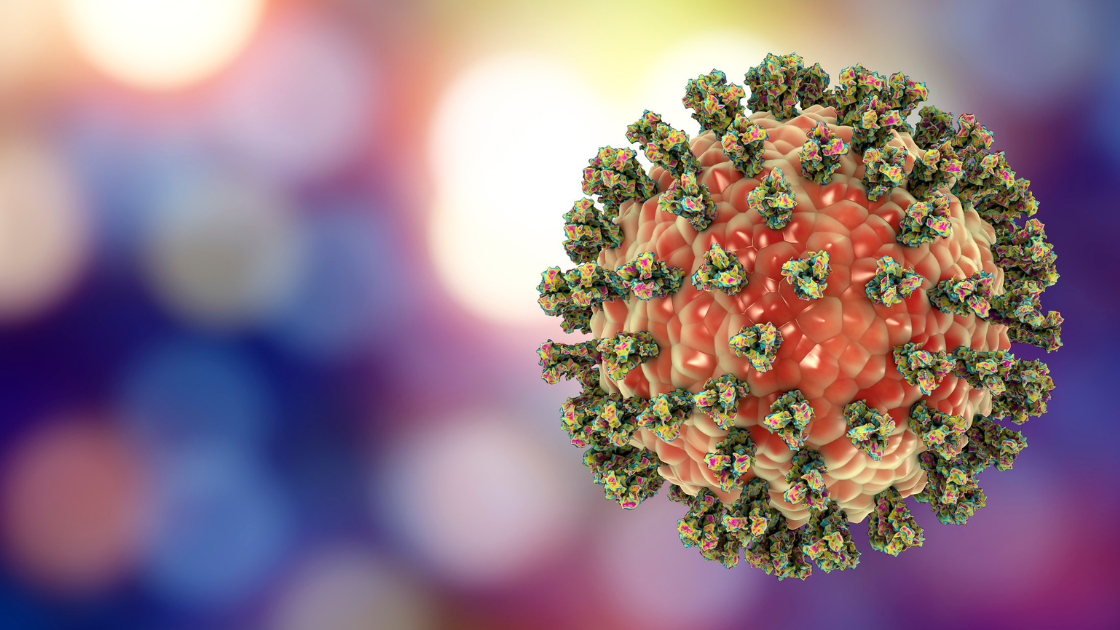Adaptogens To Help With Stress During The Holidays
Presented by Immanence Health
The holidays can be a joyful and exciting time of the year! And they can also be stressful.
Stress can come in many forms. When the body experiences stress it does not differentiate between the various sources. Overcommitting, tensions during family gatherings, long to-do lists, increased sugar intake, illness, unprocessed emotions, the news, social media and more can all be experienced as stress by the body.
Being realistic about what you can commit to, setting boundaries, not over indulging in sugar and sweets, not forgetting about sleep and continuing your self care practice(s) are all important to prioritize during the holidays.
An additional tool that can be helpful during this time of the year is the use of adaptogenic herbs, or “adaptogens”.
Adaptogens are a group of herbs that can help the body enhance resistance to stress by regulating hormones. The Soviet scientist Lazarev first coined the term adaptogen in 1947 to describe herbs and other substance that help a living organism increase resistance to stress.
Adaptogenic herbs support the adrenal system and assist the body in managing stress hormones, increase resilience and energy levels, balance hormones and help the body “adapt” to what is needed in the moment.
There are many herbs that are considered adaptogens and each has a slightly different function. This article will discuss four adaptogens that may be helpful for you during this holiday season.
1. Ashwagandha (Withania somnifera)
Ashwagandha or Indian ginseng is native to India and belongs to the nightshade (Solanaceae) family of plants. Historically, ashwagandha has been used in Ayurvedic traditions for its ability to rejuvenate and revitalize. Today one of its uses is to help reduce stress and anxiety.
The findings of a study published in the Indian Journal of Psychological Medicine showed that the group of people taking ashwagandha had decreased cortisol (aka stress hormone) levels compared to the placebo group. The authors of the study concluded, “The findings of this study suggest that a high-concentration full-spectrum Ashwagandha root extract safely and effectively improves an individual’s resistance towards stress and thereby improves self-assessed quality of life (1)”.
2. Panax Ginseng
Panax ginseng, also known as Korean or red ginseng is part of the genus Panax in the Araliaceae family. While there are many plants using the name “ginseng” only those in the Panax genus are considered true types of ginseng. What the true ginsengs all have in common is the active ingredients ginsenosides, which are responsible for the biological activity of this plant.
Red ginseng can help increase resistance to stress, decrease fatigue, improve mental capacity and a general sense of wellbeing. This plant also has anti-inflammatory, antioxidant, anti-diabetic and anticancer properties. (2)
3. Eleuthero
Eleutherococcus senticosus or Siberian ginseng comes from the Araliaceae family and contains eleutherosides, which are responsible for the adaptogenic properties of the herb.
Eleuthero and its adaptogenic effects have been widely studied in Russia and have been used by Russian Olympic athletes to improve strength and stamina. Siberian ginseng is known for its ability to support the adrenal glands and the stress hormone system, or the HPA (hypothalamic-pituitary-adrenal) axis. Siberian ginseng helps the body mitigate the stress response, decrease fatigue and increase endurance. (3, 4, 5)
This herb is also helpful for supporting the immune system, improving memory, decreasing depression and has antiinflammatory and hypoglycemic effects. (3, 4, 5)
4. Holy basil (Ocimum sanctum)
Holy basil has been used in India for thousands of years for its medicinal properties. In Hindu, this herb is called tulsi, which translates to “the incomparable one”. Tulsi comes from the Lamiaceae (mint) plant family and helps enhance the body’s natural ability to deal with both physical and emotional stress. (6)
In an article published in the Journal of Ayurveda and Integrative Medicine, the authors write, “There is mounting evidence that tulsi can address physical, chemical, metabolic and psychological stress through a unique combination of pharmacological actions…Tulsi has also been shown to counter metabolic stress through normalization of blood glucose, blood pressure and lipid levels, and psychological stress through positive effects on memory and cognitive function and through its anxiolytic and anti-depressant properties (7)”.
Different adaptogens can be helpful for different people. When seeing my patients I like to use Autonomic Response Testing to see which adaptogen(s) would be most helpful for the person I working with.
About Dr. Irina Strelyuk
Dr. Strelyuk specializes in Complex Chronic Illness, Mold and Mycotoxin Illness, Vector-Borne Illness, Immune Dysfunction, and Health Optimization.
A typical patient for Dr. Strelyuk is someone who has already seen several doctors and specialists. A person with relatively normal lab results that do not match the long list of symptoms they are experiencing, as well as individuals who tend to be more sensitive to various treatments including herbs, supplements, and homeopathic remedies.
In addition to working with people with chronic illnesses, Dr. Strelyuk enjoys supporting individuals who are interested in preventative medicine and in optimizing their health before symptoms appear.
To learn more about working with Dr. Irina Strelyuk in person or virtually (US and Worldwide), set up a free discovery call with our team.
Disclaimer: this post is for informational purposes only and is not meant to treat, diagnose, cure, or prevent any disease. Please do your own research and consult with your own personal licensed health care provider before making any treatment decisions.
References:
- https://pubmed.ncbi.nlm.nih.gov/23439798/
- https://www.sciencedirect.com/science/article/pii/B9780128124918000369
- https://www.ncbi.nlm.nih.gov/pmc/articles/PMC8398443/
- https://restorativemedicine.org/library/monographs/eleuthero/
- http://adaptogensbook.com/the-monographs-eleuthero/
- https://www.sciencedirect.com/topics/neuroscience/eleutherococcus-senticosus
- https://www.ncbi.nlm.nih.gov/pmc/articles/PMC4296439/
Disclaimer: this post is for informational purposes only and is not meant to treat, diagnose, cure, or prevent any disease. Please do your own research and consult with your own personal licensed health care provider before making any treatment decisions.
Share Article

Dr. Christine Schaffner
Founder / Physician
Dr. Schaffner is a board-certified Naturopathic Doctor and recognized thought leader. After graduating from Bastyr University in Seattle, Washington, Dr. Schaffner completed her undergraduate studies in Pre-medicine and Psychology at the University of Virginia in Charlottesville.
With her diverse skill set, Dr. Schaffner seeks to improve access, outcomes, and speed of recovery for patients struggling with chronic illness, from all around the world and combines both naturopathic and conventional therapies to develop individualized treatment plans that focus on addressing the underlying cause of complex chronic illness.
Dr. Schaffner is passionate about educating patients, as well as other practitioners, bringing the most advanced medical protocols to all, as well as creating spaces for healing and rejuvenation. Her style of practice is strongly rooted in traditional naturopathic principles, including removing toxins and establishing a strong health foundation in order to achieve optimal health.
You can learn more about Dr. Schaffner at www.drchristineschaffner.com.
Additional Articles


